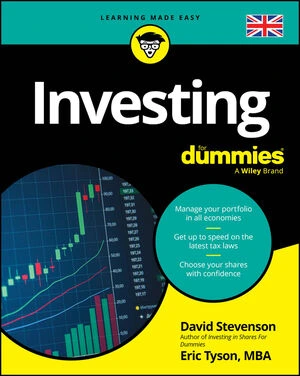Buying and holding stocks over the long term can be a great way to make money. Just ask Warren Buffett. Fundamental analysis can help give you the insights in companies to have the faith to hold on.
Fundamental analysis doesn't require you to constantly buy and sell stocks. In fact, many investors tend to do their homework, buy a stock, and hold on. They realize that constantly buying and selling stocks can be hazardous for your portfolio because it may hurt you with:
- Mounting trading costs: Every time you buy or sell a stock, it costs you something. Certainly, you can reduce commissions by opening an account with a deep-discount online brokerage. But the costs are still a factor, including ones you might not notice.
There are two prices for stocks, the bid price and the ask price. The ask is the price you must pay when you buy a stock. The bid is the price you get when you sell. The ask is always higher than the bid, just like the price you get for trading in a car to a dealer, the bid, is less than the price the dealer will resell the car for, or the ask. When you buy a stock, you're paying a hidden fee, which is the difference between the bid and ask, or the spread.
- Unnecessary taxes: Flipping in and out of stocks can end up making Uncle Sam rich. If you sell a stock for a profit before you've owned it at least a year, it's a short-term capital gain. Short-term capital gains are taxed at your ordinary income-tax rates, which can be up to 39.6 percent. On the other hand, if you hold onto a stock for more than a year and sell it, the highest tax rate you'll likely pay is 15 percent. By just holding on a little longer, you can save a bundle on taxes.
- Mistakes: It's tempting to think that you're never wrong. And after reading this book and applying fundamental analysis, you'll be more informed than many other investors. Still, it's easy to make a mistake if you sell too early.






